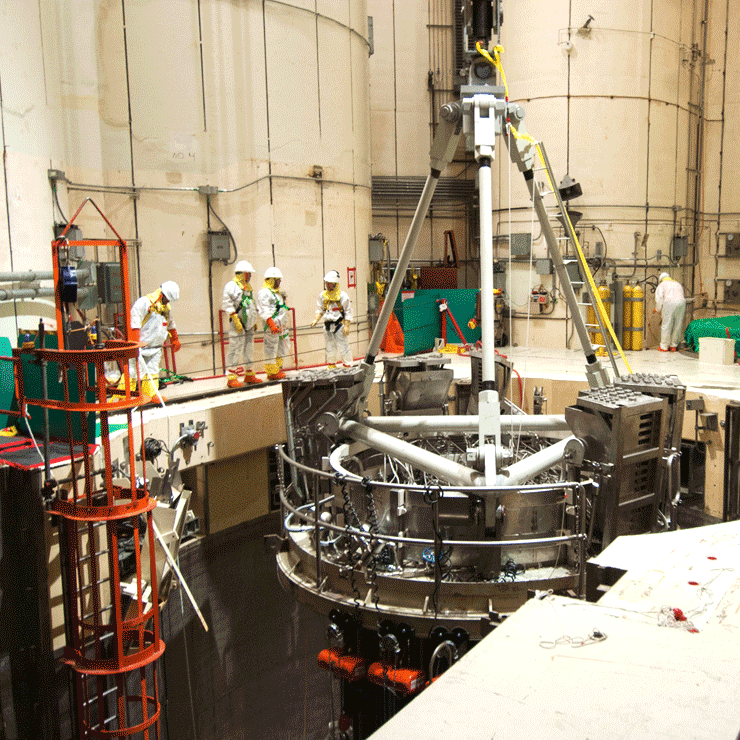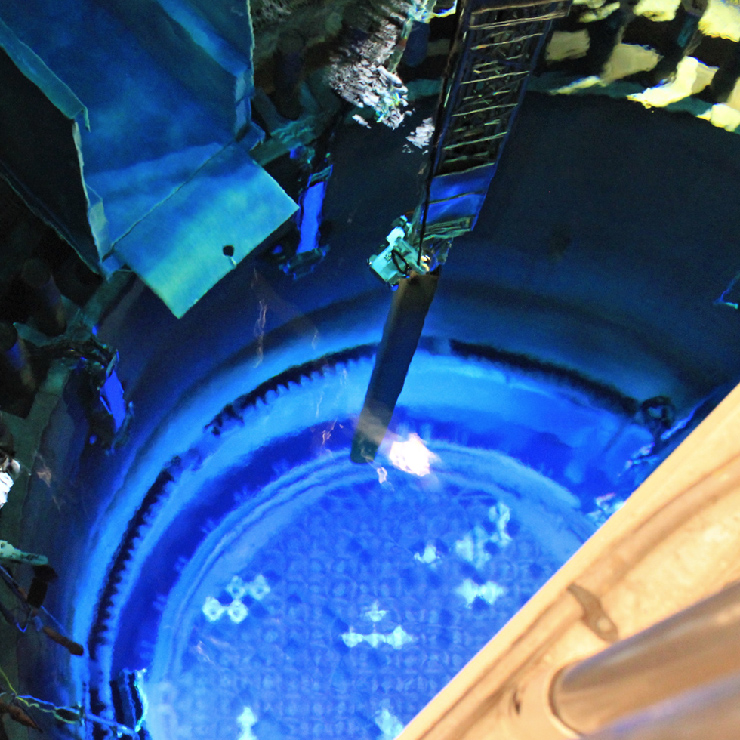Newsroom Archive
The Federal Energy Regulatory Commission told congressional lawmakers they are investigating ways for electricity markets to value reliability, while distancing themselves from immediate reform.
Barring state or federal intervention, the Perry, Davis-Besse, Beaver Valley and Three Mile Island plants in Ohio and Pennsylvania will close. What will actually happen if these plants do shut down?
FirstEnergy Solutions Corp. (FES) alerted regional grid operator PJM Interconnection and the U.S. Nuclear Regulatory Commission of its intent to shutter, forever, nuclear reactors at its Perry, Davis-Besse and Beaver Valley stations.

Since its founding in 1974, the U.S. Nuclear Regulatory Commission’s primary mission has been to protect public health and safety. Among the hallmarks of its ”Principles of Good Regulation” are independence, openness, efficiency, clarity and reliability. As a result, the U.S. nuclear industry has never injured a single member of the public in its entire history.









